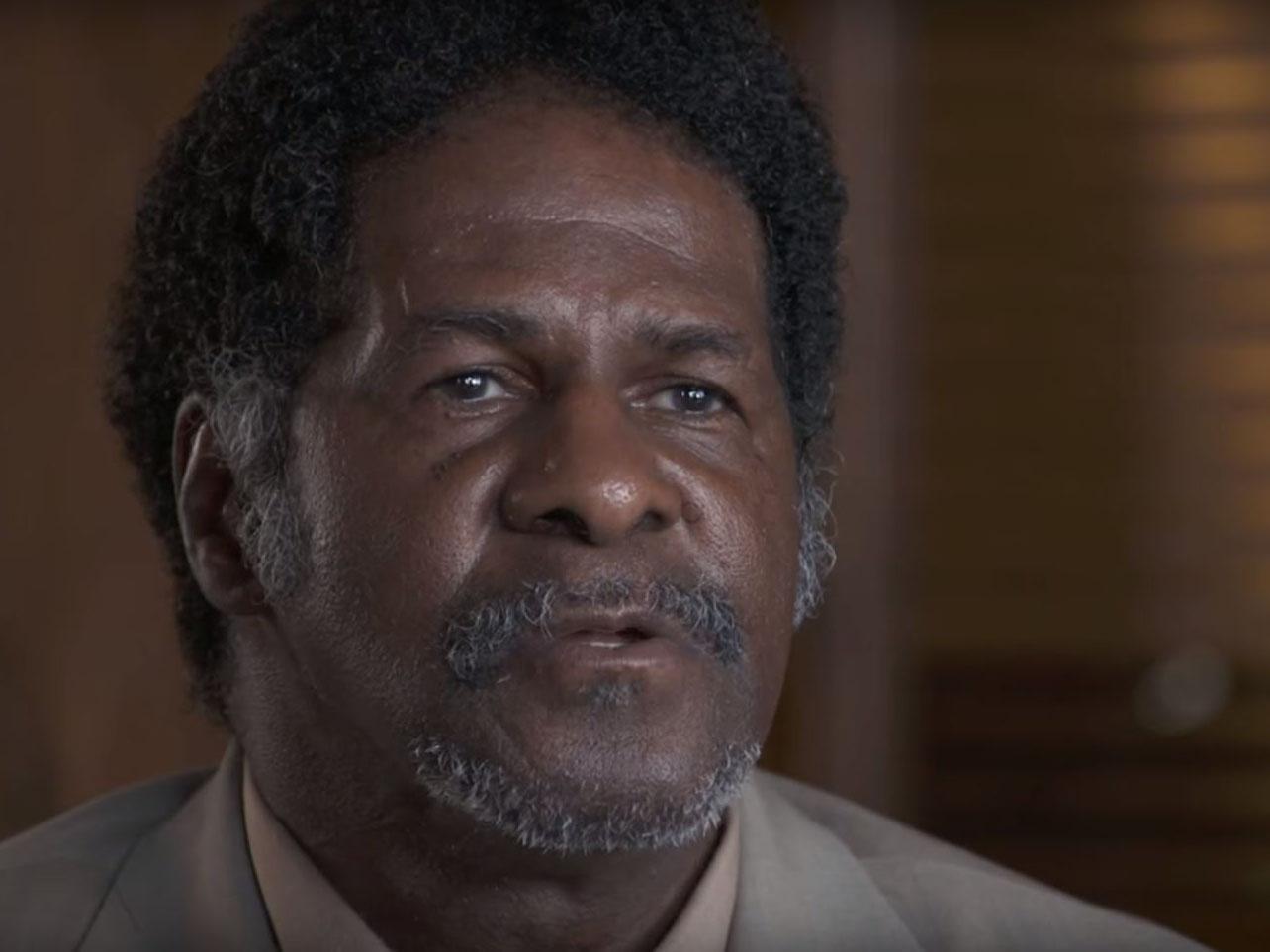Man wrongly convicted and jailed for 31 years awarded $1m compensation
'Highest amount ever paid, but then again, no one was ever incarcerated for this long'

Your support helps us to tell the story
From reproductive rights to climate change to Big Tech, The Independent is on the ground when the story is developing. Whether it's investigating the financials of Elon Musk's pro-Trump PAC or producing our latest documentary, 'The A Word', which shines a light on the American women fighting for reproductive rights, we know how important it is to parse out the facts from the messaging.
At such a critical moment in US history, we need reporters on the ground. Your donation allows us to keep sending journalists to speak to both sides of the story.
The Independent is trusted by Americans across the entire political spectrum. And unlike many other quality news outlets, we choose not to lock Americans out of our reporting and analysis with paywalls. We believe quality journalism should be available to everyone, paid for by those who can afford it.
Your support makes all the difference.A man who was jailed for more than 31 years for a crime he did not commit has been awarded $1m (£710,000) in compensation.
Lawrence McKinney, 61, was imprisoned in 1978 for rape and burglary before he was freed in 2009. He was formally exonerated in December.
The Tennessee Board of Claims voted unanimously to award the maximum amount of compensation to Mr McKinney, having provided him with just $75 (£53) on his release.
The $1m is the largest sum ever awarded by the state.
“We thank the governor, and we thank the board," said Mr McKinney's lawyer David Raybin. Highest amount ever paid, but then again, no one was ever incarcerated for this long.”
Aged 22, Mr McKinney convicted of rape and first degree burglary after a woman identified him as one of two men who attacked her in her apartment.
He was sentenced to to 115 years in prison.
DNA testing of the victim’s bedding in August 2008, however revealed three genetic profiles, none which belonged to Mr McKinney.
His conviction was set aside the following July and he was released after serving 31 years, 9 months, 18 days and 12 hours behind bars, by his own estimation.
After he was freed, he sought to be exonerated, telling The Tennessean newspaper at the time that it "would put me on a standard with everyone else in society".
He added: "I didn’t get a chance to build a career or buy a home. I lost all my 20s, 30s and 40s, but I’m a servant of the Lord and any blessing I get I just want for my wife.”
But a parole board in 2016 denied the request, questioning the validity of the DNA evidence.
The following December, Tennessee Governor Bill Haslam went against the parole board’s verdict and exonerated him.
The move meant Mr McKinney could apply for compensation and his lawyers decided to ask for the maximum allowed sum.
“A person is deprived of their life and freedom,” his lawyer David Raybin said at the time. “In my view Mr McKinney is entitled to far more than $1m, based on what’s happened to him.”
He will receive $353,000 (£250,080) upfront to pay his legal fees, but the rest of his compensation will not be awarded as a lump sum.
Instead it will be paid in monthly instalments of $3,350 ((£2,373) over a period of at least 10 years.
Join our commenting forum
Join thought-provoking conversations, follow other Independent readers and see their replies
Comments